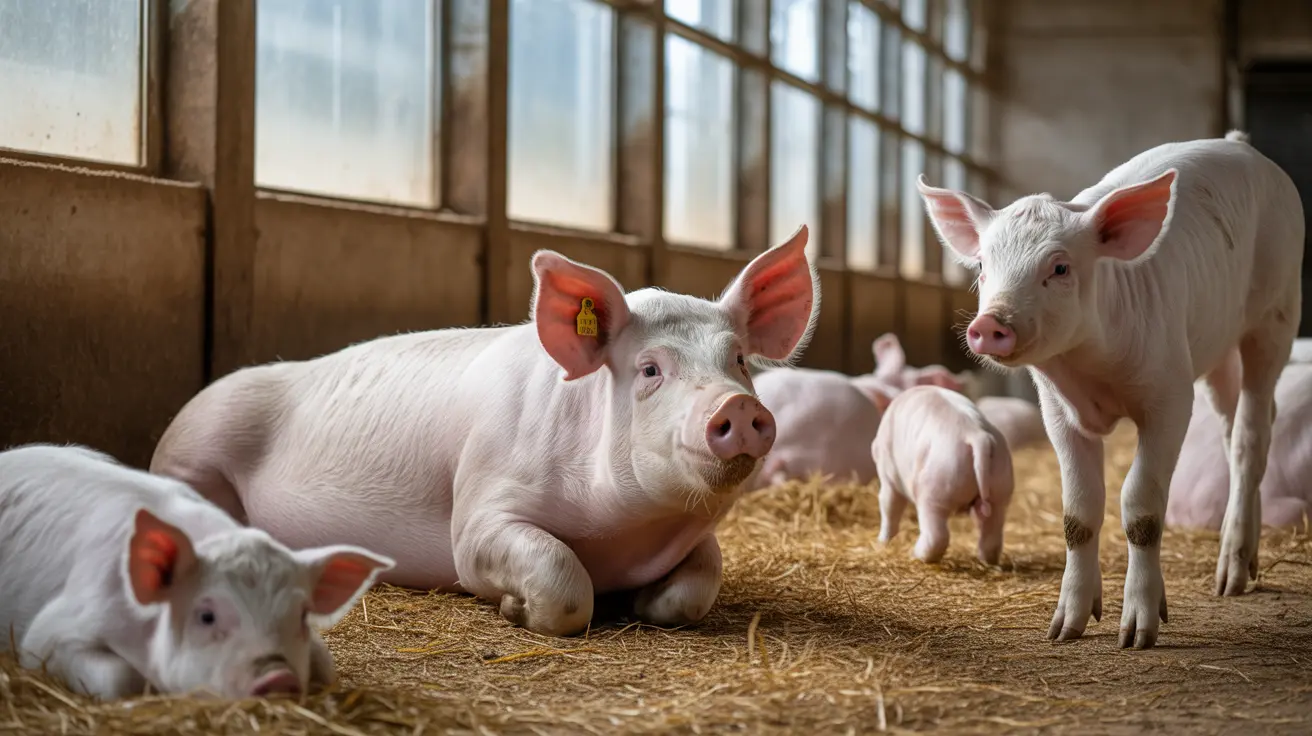State Animal Welfare Regulations Face Critical Moment
The current debate centers on whether federal legislation should override state-determined animal welfare standards. Republican supporters of state rights in this matter argue that individual states should maintain their authority to establish and enforce animal welfare regulations that reflect their constituents' values.
Impact on Farm Animal Space Requirements
Proposition 12 specifically addresses minimum space requirements for:
- Egg-laying hens
- Breeding pigs
- Veal calves
These standards apply not only to California-based producers but also affect any farmers nationwide who wish to sell their products in California's substantial market.
Interstate Commerce and Animal Laws
The intersection of interstate commerce with state animal welfare laws has created complex challenges for producers across the country. While some industry groups have opposed these regulations, citing increased operational costs, supporters argue that maintaining state-level authority is crucial for advancing animal welfare standards.
California Pork and Egg Standards
The implementation of these standards has prompted significant changes in how farms operate, particularly in the pork and egg industries. Producers must ensure their facilities meet California's requirements if they want access to the state's market, regardless of their location.
Humane Farming Legislation Progress
The Better CARE for Animals Act 2025 represents the latest development in the ongoing evolution of farm animal protection measures. This federal legislation aims to establish baseline standards while preserving states' rights to enact stronger protections.
Animal Welfare and Food Safety Connection
Research suggests that improved animal welfare standards often correlate with enhanced food safety outcomes. Better living conditions for farm animals can reduce stress-related health issues and decrease the need for antimicrobial interventions.
Frequently Asked Questions
What is California's Proposition 12 and how does it affect farm animal welfare?
California's Proposition 12 sets minimum space requirements for egg-laying hens, breeding pigs, and veal calves, banning the sale of pork, veal, and eggs in California if the animals were confined in spaces smaller than prescribed. It aims to improve animal welfare by prohibiting sale of products from inhumane confinement, regardless of where the animals were raised.
How does Proposition 12 impact out-of-state farmers and producers?
Out-of-state farmers who want to sell pork, veal, or eggs in California must comply with Proposition 12's welfare standards, meaning their animals must be raised in conditions meeting the minimum space requirements. This has caused producers outside California to adapt their operations to comply with the law to access the California market, which is significant in size.
Are there other states with laws similar to California's Proposition 12?
Yes, several states including Colorado, Michigan, Massachusetts, Arizona, and Ohio have enacted or are enforcing laws that ban extreme confinement of farm animals and set welfare standards similar to Proposition 12 to protect farm animals from inhumane treatment.
Looking Forward
The bipartisan support for maintaining state animal welfare laws signals a potential shift in how farm animal protection measures are viewed across party lines. As more states consider implementing similar regulations, the outcome of this current legislative debate could set important precedents for the future of animal welfare standards in American agriculture.
This development demonstrates growing recognition that animal welfare concerns transcend traditional political boundaries and reflect evolving public attitudes toward farm animal protection. The continued discussion and implementation of these standards will likely shape the future of American agriculture and food production practices.






